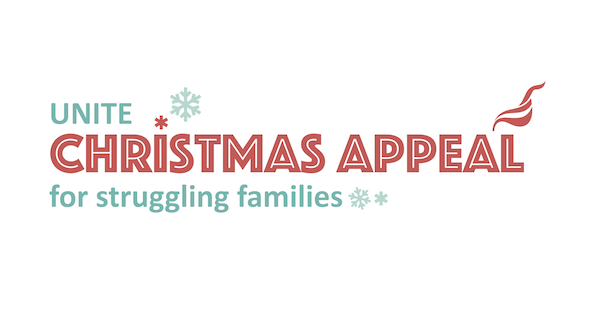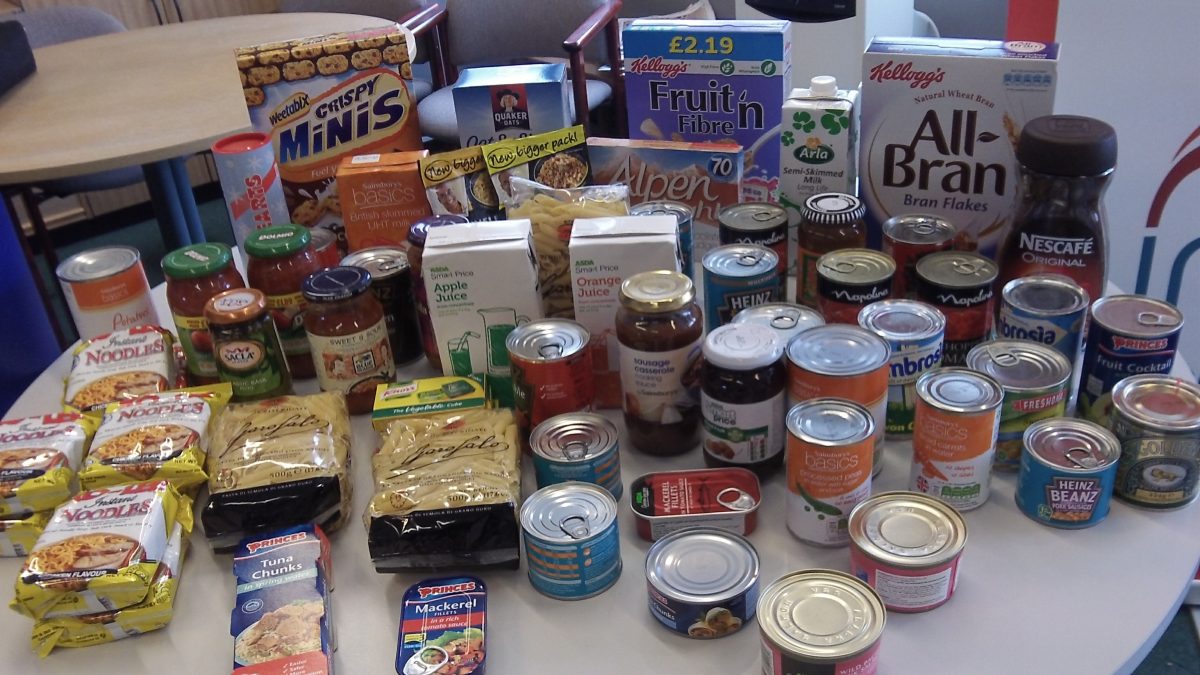Tax credit cuts: hunger rise
Tax credit cuts – which will see millions of the nation’s poorest families lose more than £1000 each year – have not yet even kicked in, and food bank use continues to soar each year.
Figures from Trussell Trust, the UK’s largest network of food banks, published yesterday (November 18) show a steep rise in food bank use over the past six months compared to the same time period last year.
Between April and September 2015, the charity’s food banks gave three-day emergency food supplies to people in crisis more than half a million times, compared to 492, 641 during the same period last year, representing a three per cent rise.
Of these emergency food supply packages, a total of 185, 218 went to children. Changes to benefits and benefit delays were the most common reason people cited for turning to food banks — nearly a third said they needed food supplies because of benefits delays, with 13.6 per cent citing the reason as benefit changes.
Nearly one in five had to turn to food banks because their incomes were too low to make ends meet.
Trussell Trust food bank network director Adrian Curtis said that the latest figures were “at worryingly high levels”.
“We look forward to the day that we can announce a decrease in numbers needing food banks, and we welcome the fact that latest national figures show a less dramatic rise,” he said.
“Whilst we hope that this is a sign that economic recovery is giving more people access to secure work, several food banks are reporting that some agencies and charities who would normally refer people in crisis to foodbanks have been unable to do so because funding reductions have caused their services to be squeezed or closed,” Curtis added.
Damaging impact Â
He warned of the damaging impact tax credit cuts would have on low-income families.
“When the proposed changes to tax credits are implemented, we are concerned that more working families will not be able to make ends meet, and that we could see a substantial rise in food bank use as a result,” Curtis noted.
“As a nation we need to learn more about the realities of life for people struggling on low incomes and make sure that no incomes are too low to live on.”
Struggling families, many of them who are in work but still reliant on food banks, are bracing themselves as winter approaches — the Trussell Trust has noted that referrals to food banks skyrocket over the holiday season.
In December 2014, referrals to food banks were 53 per cent higher than the average across other months, with over 130,000 three-day food supplies being given to people in crisis in just one month.
A separate study published by a group of Citizens Advice offices has found that the flawed design and disastrous rollout of Universal Credit (UC) will mean even more people are being pushed into using food banks.
The main flaw in UC — the previous government’s flagship programme which rolls six benefits into one but has been dogged by delays and cost overruns — is a built in delay which sees families having to wait 42 days before they can receive benefits payments.
In the Citizens Advice report, 60 per cent of families they spoke to found it “very difficult” to pay rent, utilities and food bills during this period.
Computer processing errors, poor communications with clients and delays in fixing administrative errors are also creating major problems for Universal Credit claimants. Citizens Advice staff said that when claimants came to them for help about administrative errors, they often struggled to contact anyone from the Department of Work and Pensions (DWP) who could help.
“Our advisers frequently found that there was no effective way of speaking to anyone who could resolve the problem quickly,” Citizens Advice noted in its study.
“No one at the local Jobcentre understood what was happening or had any reliable way into the system to find out,” the organisation added. “In some cases local authority staff had also tried but had been unable to reach someone within universal credit who had the will or the authority to investigate and break the logjam.”
Slashed to the bone
The PCS union highlighted earlier this year that job centre staff had been slashed to the bone over the summer — with more than 3500 mostly admin level job centre staff being made redundant.
“Instead of constantly trying to trip up claimants, the DWP should ensure the proper resources are in place to return the department to one where sick, disabled and unemployed people are given the support they need and deserve,” said PCS general secretary Mark Serwotka.
New research has also revealed that nearly 600 suicides in England between 2010 and 2013 have been associated with the government’s “fit-for-work” tests for disability benefits claimants. These Work Capability Assessments (WCAs) were first introduced in 2008 and aggressively revamped under the previous coalition government.
Unite as well as disability campaigners have called for an end to WCAs, whose tick-box nature has cut off thousands of people with disabilities from their only lifeline.
Unite assistant general secretary Steve Turner called on the government to halt tax credits before more families have to suffer going hungry in one of the richest nations in the world.
“More people than ever face the desperate choice between heating and eating this winter thanks to the rise of low paid insecure work and the government’s draconian changes to our social security system,” he said.
“Soaring food bank use will continue to be a shameful stain on this government’s record if George Osborne gets his way in cutting tax credits while hiding behind the spin of a â€national living wage’,” Turner added.
“If he is serious about helping low paid workers and those experiencing hard times then he will drop his tax credit cuts and vow to introduce the higher â€real living wage’ for everyone.”
 Like
Like Follow
Follow


